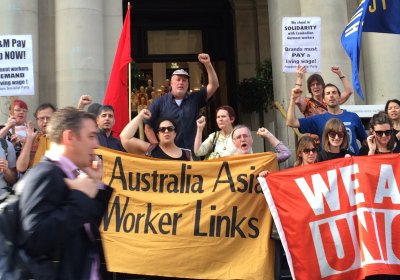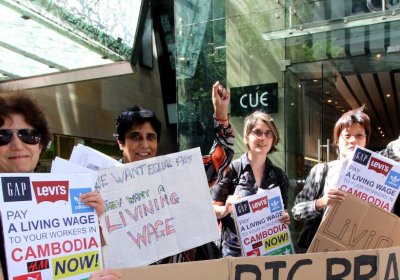A new report by the Australia Institute’s Centre for Future Work says there is a "close statistical relationship" between a dramatic reduction in industrial activity and stagnation in wages.
Its research shows there has been a 97% decline in industrial action from the 1970s to the present, which has weakened the bargaining power of workers.






